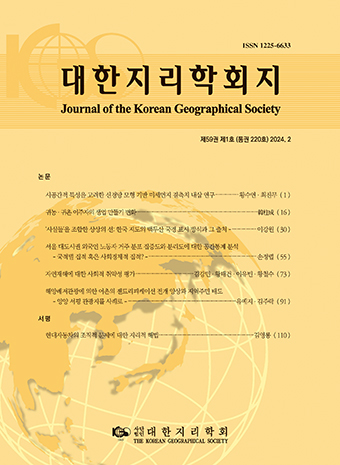Abstract
References
Sorry, not available.
Click the PDF button.
Information
There has been a high expectation that information technology (IT) can do something good for the rural perils. Efforts thus have been made in many countries to ‘informatize’ rural areas, namely to roll out IT infrastructure into remote areas and to enhance the computer literacy of rural residents. The present study examines the ‘e-village’ projects implemented in Korea and Japan. It evaluates the business models employed by the e-villages such as e-shops of local products and tour guide programs, the ways in which rural residents have managed their business models, the practices of information exchange within and outside of the villages, and the monetary gains of the business models. The study collects data mainly from the e-village web pages of both countries. The study reveals that the e-village business models have performed less than expected in general, and that Japanese e-villages are better off than the Korean counterparts. The study identifies the factors responsible for such mediocre performances of the business models including a lack of retail business experiences and capabilities of the rural people. The study findings highlight the importance of human resources, rather than the new technology per se, for rural development.
Click the PDF button.
- Publisher :The Korean Geographical Society
- Publisher(Ko) :대한지리학회
- Journal Title :Journal of the Korean Geographical Society
- Journal Title(Ko) :대한지리학회지
- Volume : 43
- No :5
- Pages :728-742



 Journal of the Korean Geographical Society
Journal of the Korean Geographical Society







